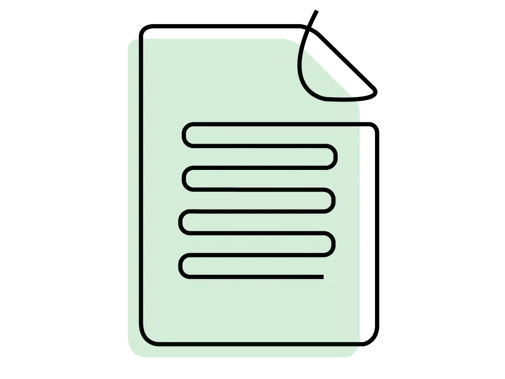In April 2019, following extensive BMA lobbying and contract negotiations, state-backed GP indemnity schemes were launched in England (Clinical Negligence Scheme for General Practice - CNSGP) and Wales (General Medical Practice Indemnity - GMPI).
This removed the need for GPs (and practice staff) to arrange and fund their own clinical negligence cover.
All GPs and their staff will automatically be covered by the schemes if they are providing NHS services. No individual payments from GPs or their staff are required.
What the state-backed schemes cover
The schemes cover:
- GP contractors and their staff, including salaried GPs, locums, students and trainees, nurses, clinical pharmacists and other practice staff
- any clinical negligence liabilities arising in general practice in relation to incidents that occur on or after 1 April 2019
- all NHS commissioned work, including out-of-hours.
In general, cover will be provided if the answer to each of the following questions is yes:
- is it an activity that consists of, or is in connection with, the provision of NHS services?
- are those NHS services being provided by a person or organisation whose principal activities are to provide primary medical services (i.e. the NHS services are provided as part of general practice) or under a sub-contracting arrangement with such a person?
- is the activity in question connected to the diagnosis, care or treatment of a patient?
The schemes do not cover
- Non-NHS work, such as private practice and chargeable services such as medicals, reports and statements will not be covered by the scheme.
- GMC hearings and criminal cases will not be covered by the scheme. You will need to remain a member of a medical defence organisation for these areas.
While very similar, it is important to note that the GP schemes in England and Wales are not exactly the same (for example, if you are a locum GP in Wales you are not covered by GMPI unless you register on the All Wales Locum Register (AWLR).
Where can I access more information?
Detailed information on the specific scheme rules and their scope, as well as when and how to report a claim is available on the CNSGP and GMPI websites.
Vicarious and corporate liability
GP practices are engaging allied healthcare professionals who often work in other practices or for other NHS organisations, or are shared across several practices, without necessarily being directly employed by them.
This has raised concerns about potential vicarious liability of a practice should they ask or direct a non-employed healthcare professional to undertake a specific clinical task and a claim arises from that work.
The legal position in such an instance is not always clear and the claim could potentially be pursued against the individual, the practice where they are working at the time of the incident and/or their employing body.
GP practice owners or partners may also be responsible for:
- vicarious liability for the acts and omissions of other healthcare professionals or staff
- the actions or omissions of a fellow partner.
It is strongly advised that GP partners / practice owners seek advice and guidance from their medical defence organisation on whether they would benefit from additional corporate or vicarious liability.

